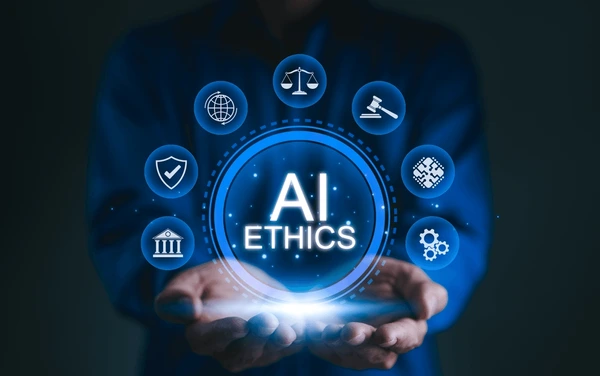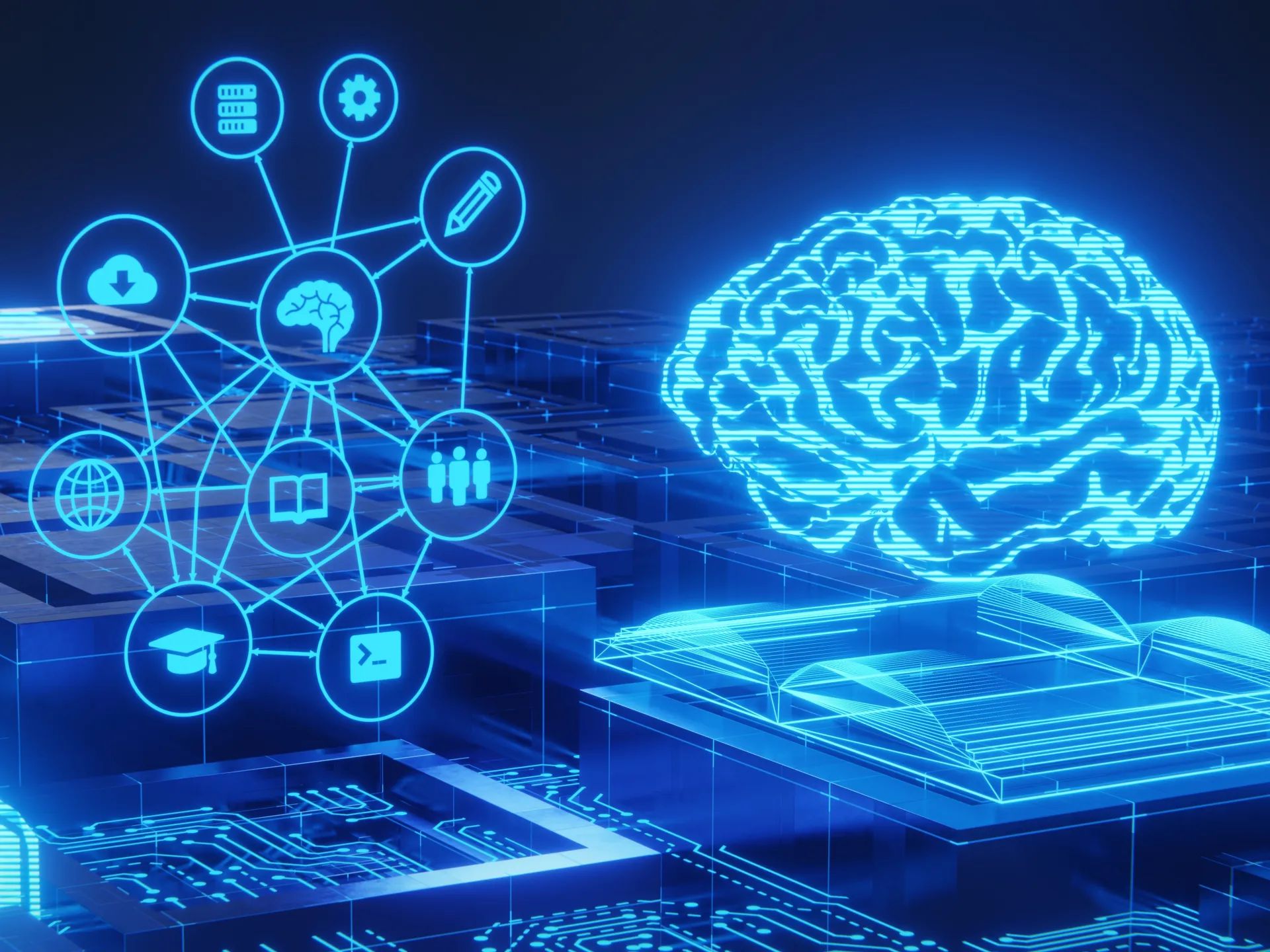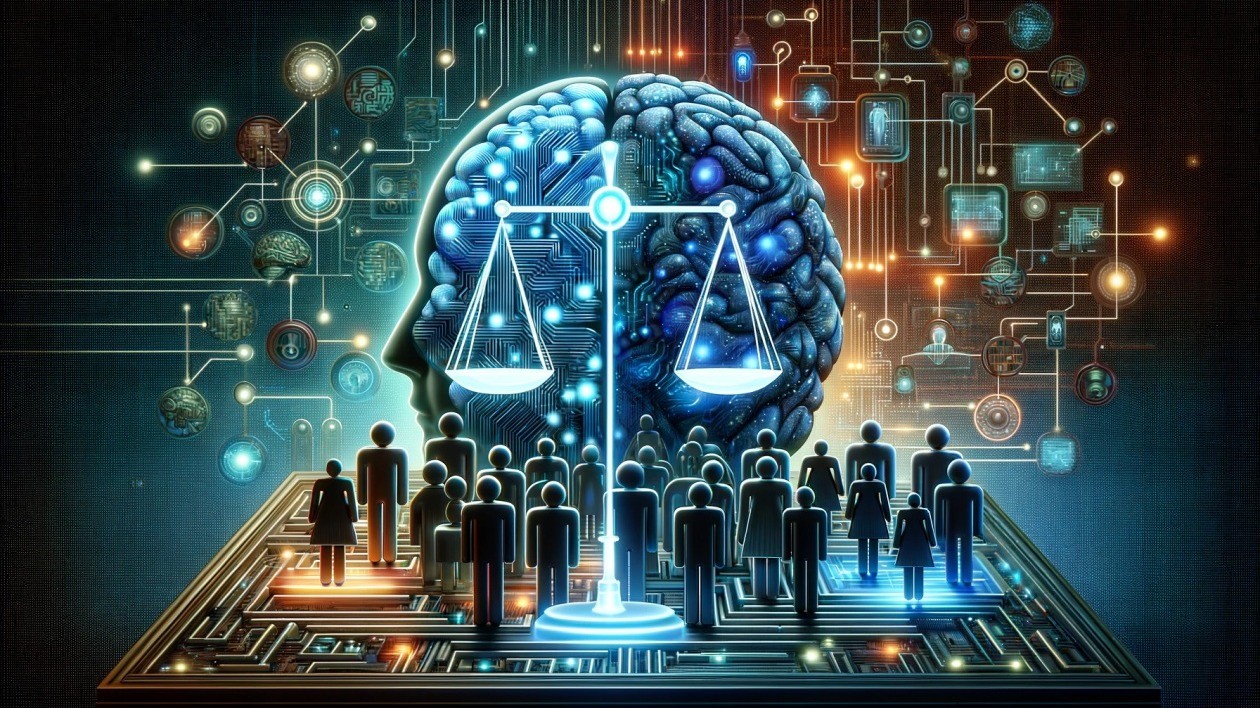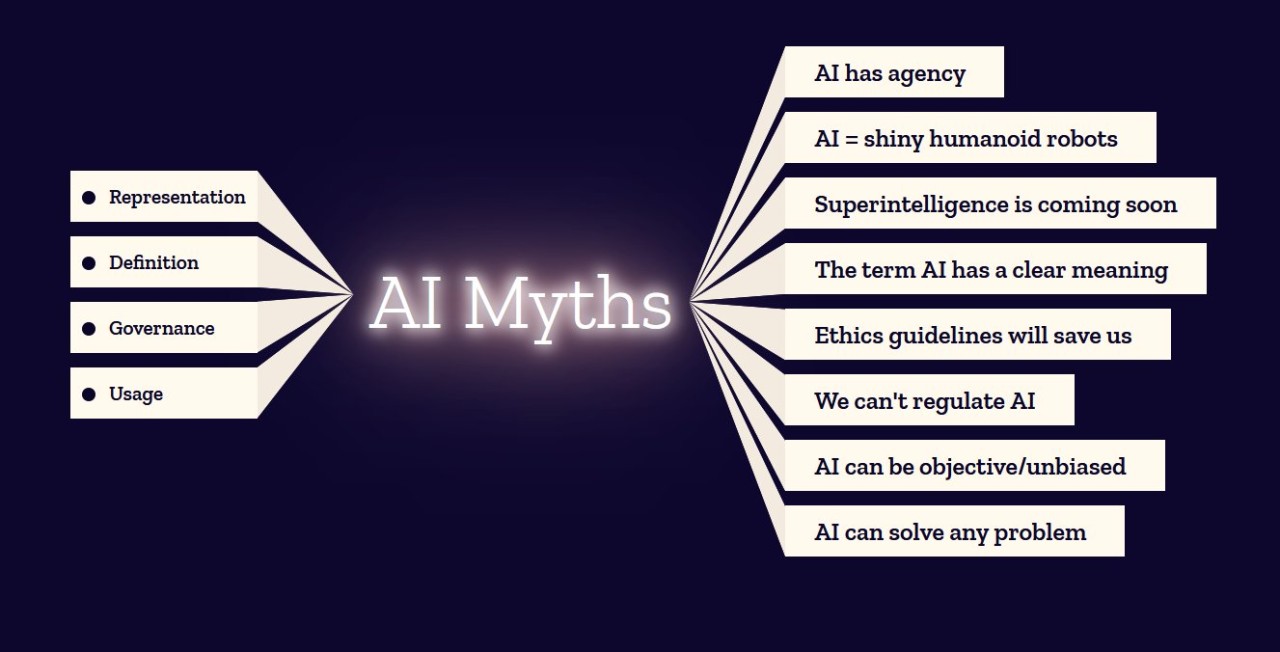Artificial Intelligence (AI) is rapidly shaping the future of technology, society, and business. As AI systems become more advanced, it is essential to understand the ethical challenges and trends that are influencing the responsible development and use of AI.
What are AI Ethics?
AI ethics refers to the moral principles and guidelines that govern the design, deployment, and impact of artificial intelligence systems. It focuses on ensuring that AI technologies are fair, transparent, accountable, and aligned with human values.
Current Trends in AI and Ethics
Transparency and Explainability
There is a growing demand for AI systems to be transparent and explainable. Users and regulators want to understand how AI makes decisions, especially in critical areas like healthcare, finance, and criminal justice.
Bias and Fairness
One of the key concerns in AI development is the risk of bias. AI systems trained on biased data can unintentionally produce unfair outcomes. Organizations are working to build more diverse datasets and develop algorithms that reduce discrimination.
Regulation and Governance
Governments and international bodies are introducing regulations to manage AI development responsibly. New laws aim to ensure AI systems are safe, ethical, and accountable to the public.
Privacy Protection
AI often relies on large datasets, which can raise privacy concerns. Techniques like data anonymization and federated learning are being explored to balance AI performance with individual privacy rights.
Human-Centric AI
There is a strong focus on creating AI that supports and enhances human capabilities rather than replacing them. Human-centric AI promotes systems that assist decision-making and improve quality of life.
Accountability and Responsibility
As AI becomes more involved in critical processes, establishing clear accountability is essential. Organizations are developing internal guidelines and ethical AI teams to oversee responsible AI deployment.
Benefits of Ethical AI
Ethical AI builds trust, improves fairness, protects privacy, and encourages responsible innovation. It ensures that AI systems provide value without causing harm to individuals or society.
Challenges to Consider
Ensuring ethical AI requires continuous human oversight, unbiased data, and collaboration between technologists, policymakers, and ethicists. Ethical principles must be integrated from the design stage through to deployment.
Conclusion
The trends in AI and ethics highlight the importance of building systems that are not only powerful but also socially responsible. Combining ethical guidelines with technological advancement can help create AI solutions that benefit everyone while minimizing potential risks.







Leave feedback about this